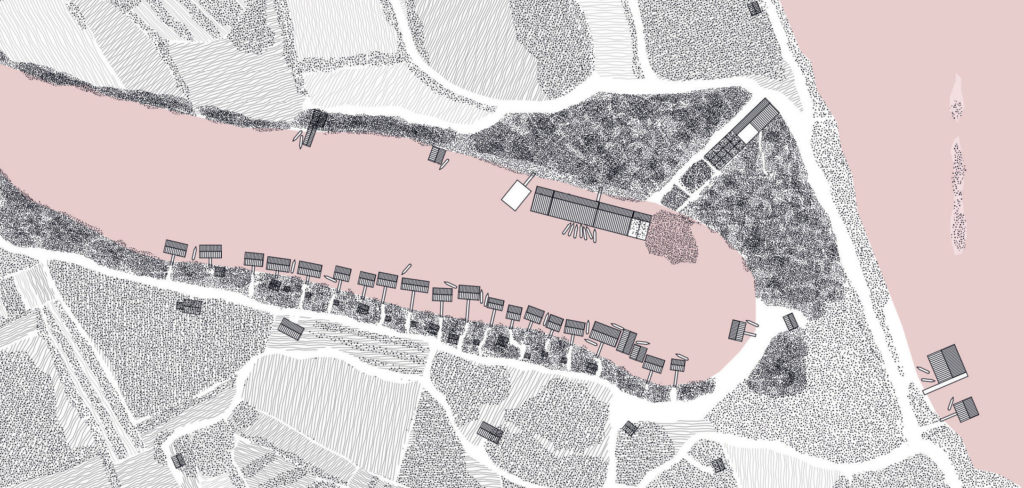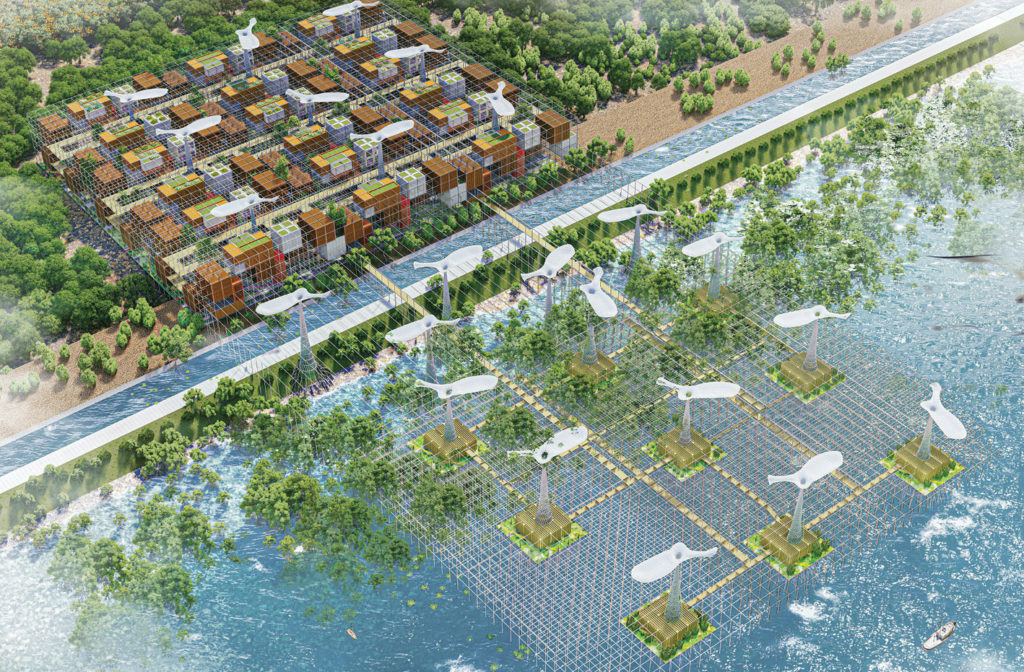CHALLENGES The Red River Island is an essential resource for the capital city of Hanoi. It supplies the capital with fresh foodstuff since there are nearly 200 agricultural households staying on the island. However, the fertility of the land today is strongly affected by the retention of the river’s alluvium due to hydroelectric dams. Additionally, […]
Read More… from Floating Community and Training Centre By the River | FAP 2023 Merit



